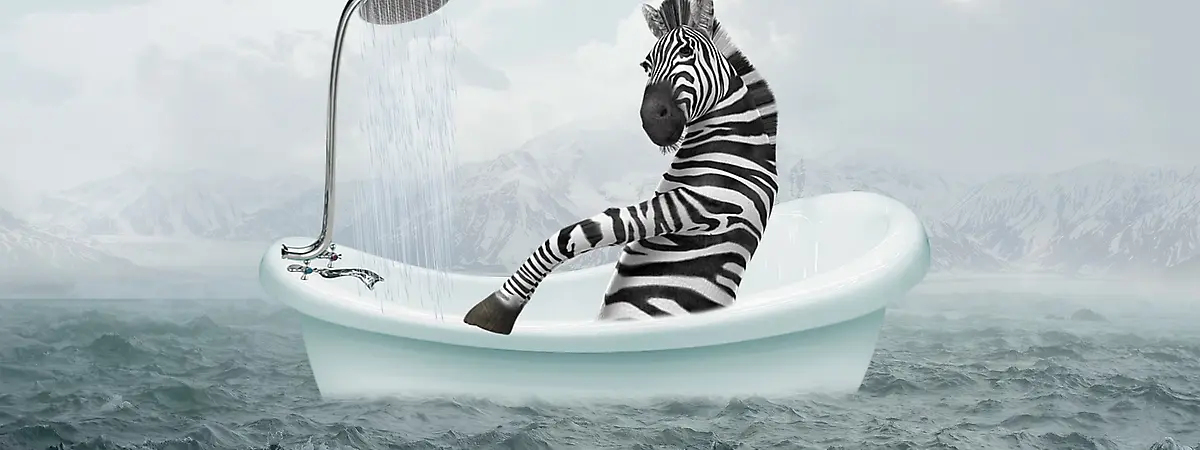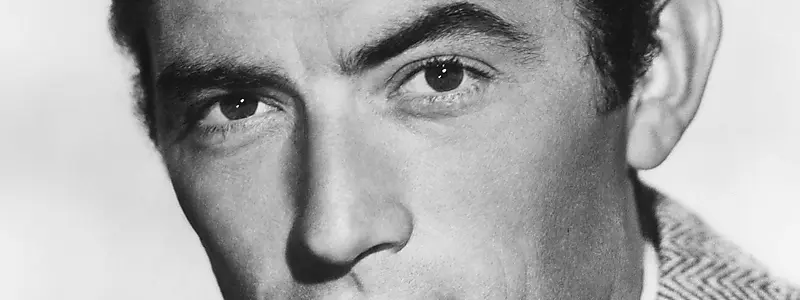Have you ever experienced a sudden, brilliant insight while washing your hair? You’re not alone. These moments, often referred to as shower thoughts, are surprisingly common, but why do they happen? What is it about the shower that seems to unlock our minds and grant us almost magical insights? As it turns out, there’s a scientific explanation for this phenomenon.
Shower thoughts are unexpected ideas or epiphanies that occur while showering. But why are these thoughts different from the ones we have during our regular, daily activities? Scientists suggest it all comes down to the level of focus required by our tasks. Most daily activities demand our full attention, leaving little room for our minds to wander. In contrast, routine activities like showering, walking, or even breathing require minimal concentration, allowing our brains to relax and drift.
This sense of relaxation during our often hectic lives provides our brains with the perfect environment to wander freely. As Richard E. Cytowic, M.D., explains in his article, “Why You May Do Your Best Thinking in the Shower,” the sound of running water creates a form of partial sensory deprivation. This phenomenon reduces the amount of sensory input our brains need to process, redirecting that mental bandwidth to our creative and wandering thoughts. Cytowic states, “The roar of the water produces partial sensory deprivation, taking bandwidth that would have been used for other perceptions and shunting it to the mental space the mind uses to wander. Ideas incubating in the background can rise to consciousness and lead you past a creative impasse.
In essence, the calming environment of a shower encourages our brains to drift into a more creative state, allowing those brilliant, unexpected ideas to surface. So next time you find yourself having a ‘shower thought,’ you’ll know that it’s not just a random concurrence’s your brain taking advantage of a rare moment of relaxation to explore new and creative pathways.
If you are interested in learning more, here’s a reviewed article written by a licensed psychologist.










